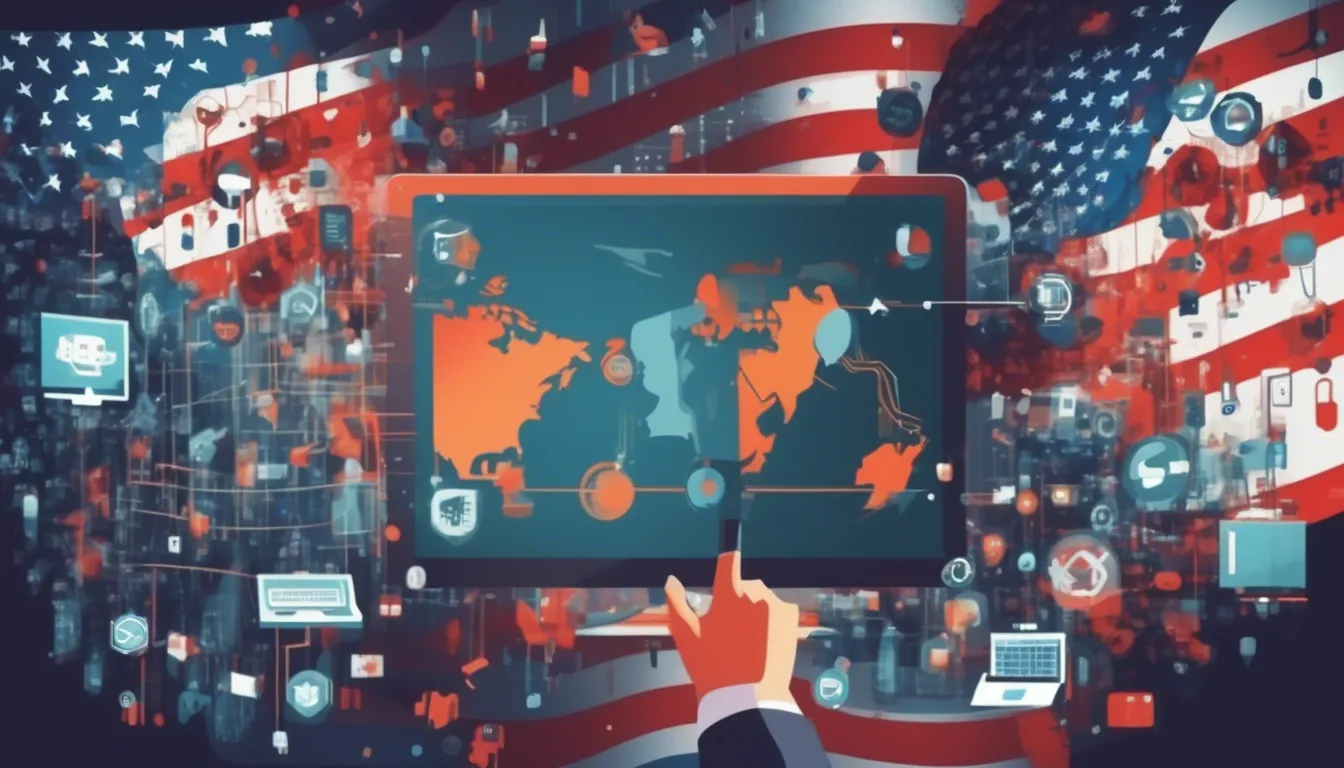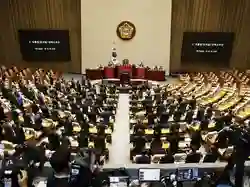In today’s digital age, the intersection of politics and technology is increasingly pronounced in the realm of cybersecurity. Governments around the world are realizing the critical importance of cybersecurity in maintaining national security, protecting citizens’ personal data, and safeguarding critical infrastructure. This has led to the development of various policies, regulations, and international agreements aimed at enhancing cybersecurity measures.
The involvement of politics in cybersecurity is evident through the allocation of government resources towards cyber defense, the establishment of cybersecurity agencies and task forces, and the enactment of legislation to combat cyber threats. In addition, the collaboration between government entities and technology companies has become essential in addressing the ever-evolving cyber threats. Governments often rely on technology companies for expertise, resources, and solutions to enhance their cybersecurity posture.
However, the intersection of politics and technology in cybersecurity also raises concerns about privacy, surveillance, and government overreach. The balance between protecting national security and respecting individuals’ rights to privacy is a delicate one that policymakers and technologists continue to grapple with. As technology advances and cyber threats become more sophisticated, it is crucial for governments to work closely with the tech industry to develop effective cybersecurity measures that prioritize both security and privacy. Ultimately, finding the right balance between politics and technology in cybersecurity is essential to safeguarding digital infrastructure and ensuring a secure online environment for all.

 The Power and Potential of Python Programming Technology
The Power and Potential of Python Programming Technology